
- How about winning a flight ticket worth up to US$500?
- Become a member by January 31st and get a chance to win!
Ethical travel is travelling with the intention of leaving a positive impact that could furthermore benefit local communities. This article's purpose is to make travellers aware of the inequalities in the tourism industry that we might be unconsciously contributing to.
11min
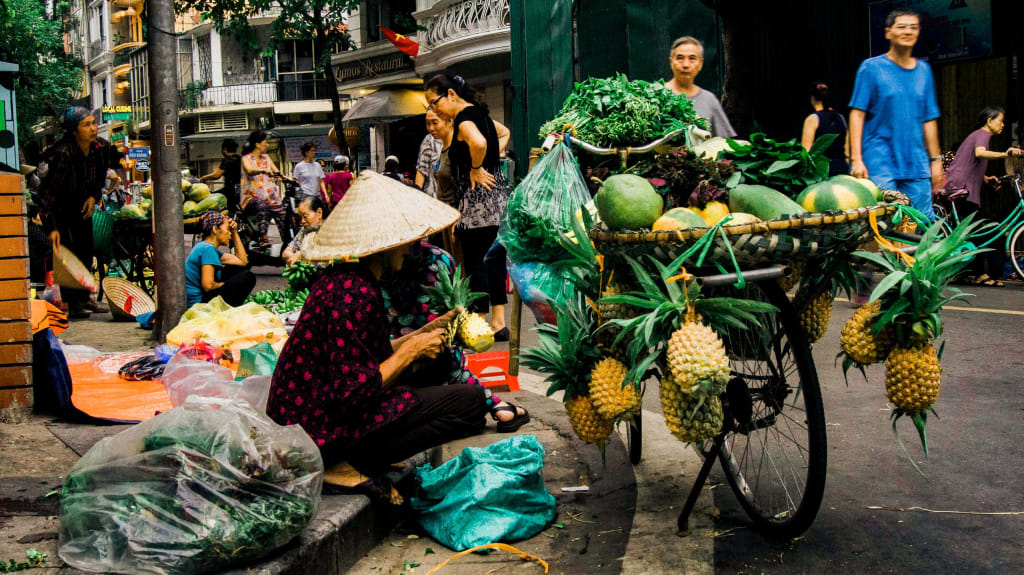
The tourism industry is a very significant driver of the global economy, and many countries have improved notably with the surge of tourists.
Apart from economic benefits, it also has the potential to positively impact social and cultural structures of the host country. However, not everyone in the society gets the same access to the fruits of the economic prosperity. In other words, not all governments distribute the revenue fairly, and most often it is the local people that miss out.
We all love to travel and for many of us the times when we do, are the best moments of our lives. It makes us more open minded and broadens our horizons.
Unsurprisingly, we chase this feeling by travelling as much as we can. It is a very exciting time when we can unwind, try new things, meet new people, and learn more about the world.
However, whilst we might be having the time of our lives traveling to new, distant, and unknown locations, the countries, and the people we are visiting might not experience the visit the same way. This is why ethical travel is very important.
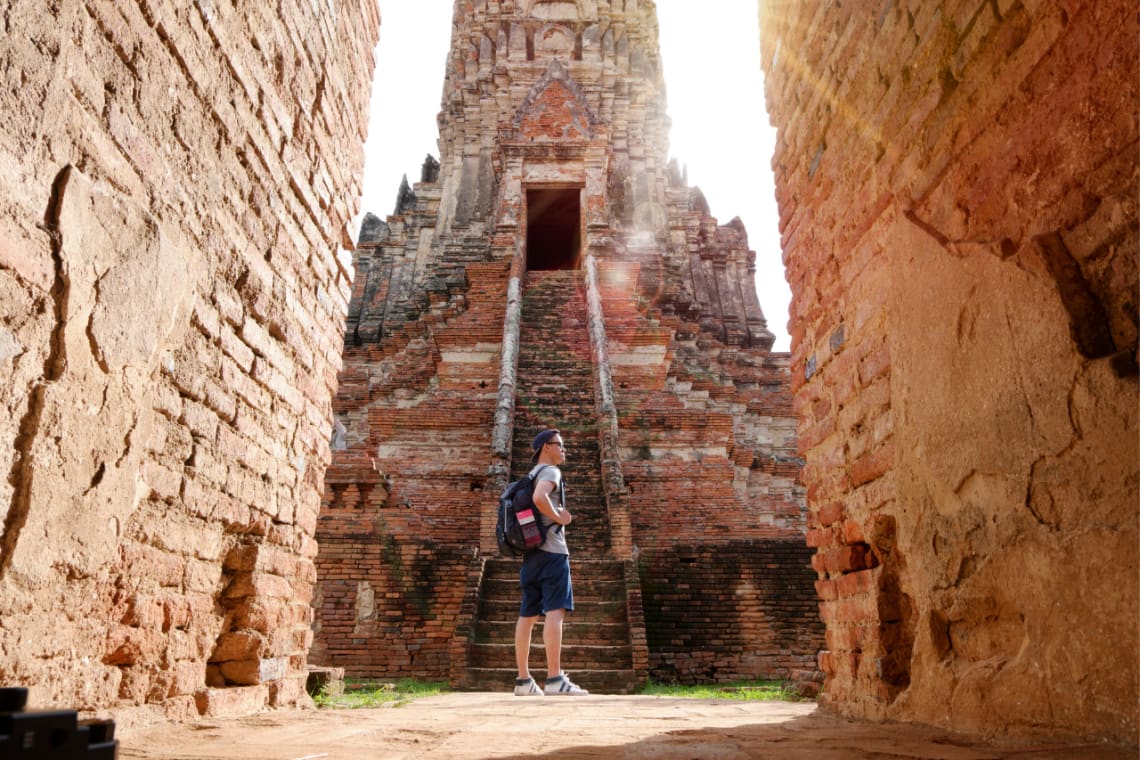
Ethical travel (or responsible travel) means being mindful of the consequences that being a tourist has on the environment, animals, and people.
It is being aware of our stance as just a visitor but one, that has the potential to either make negative or positive impact. Then using that awareness and knowledge to travel in a way that brings advantages to the local communities that we visit.
It's hard to think about the cons of traveling however, there actually are some bad side to tourism.
For the less developed nations, the negative impacts of tourism can be catastrophic. It can potentially put an enormous strain on their economies or environments, further exacerbating poverty or any inequalities. In this scenario a country does not benefit from hosting tourists, but quite the reverse.
The negative sides of tourism include damage to the environment, mistreatment of animals and the many ways that the local communities can get affected, such as being forcibly removed from their lands so that resorts or hotels can be built or exploitation of children or other vulnerable persons.
Overall, the main problem is that the locals are last to benefit from the tourism industry even though it makes their country prosper economically.
Very often they get only some benefits from the industry when they are promised more. The revenue made from tourism rarely gets distributed properly and the locals rarely get the remuneration they deserve.
Therefore, it is important that us, travelers, have the awareness of the economic, political, or social issues going on in the country. This is when we can use our spendings intentionally and support locals directly and benefit their whole communities.
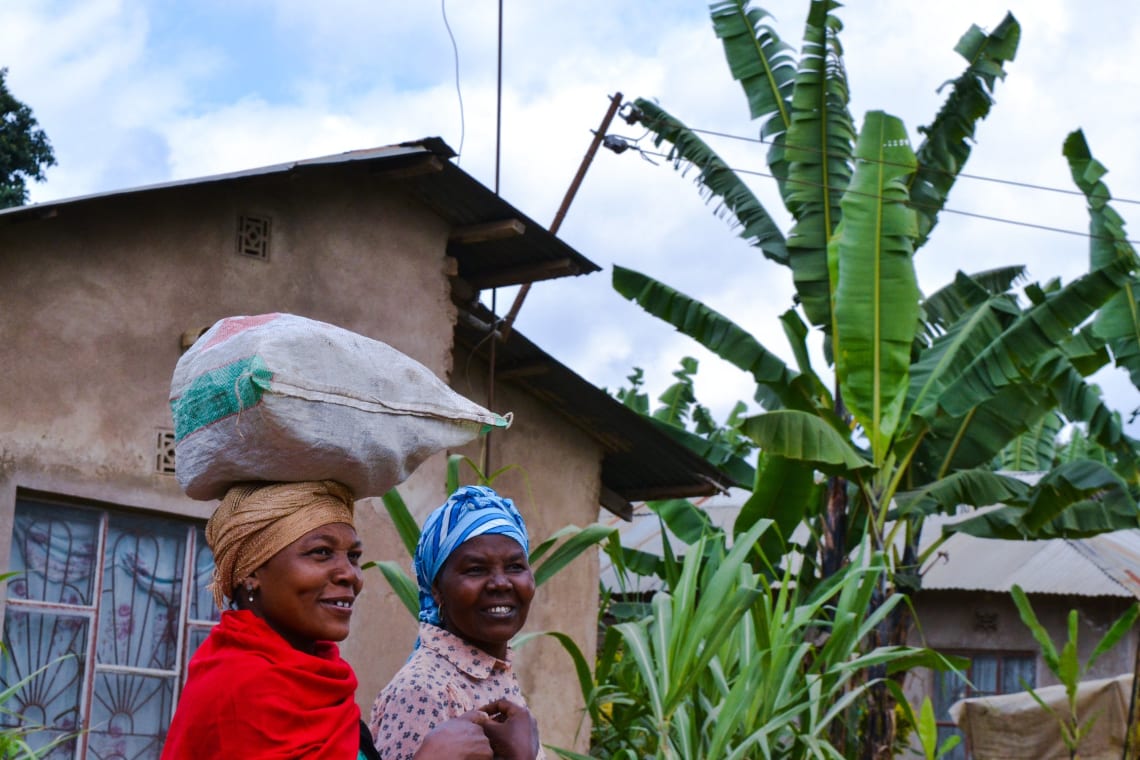
One of the biggest faults in the tourism industry is that many hotels and resorts are owned by the (already wealthy) Westerners. This is often the case with all-inclusive holidays, luxurious resorts, and cruises. Those exclude the locals and take away any opportunities for them to earn money (more on this later).
This is especially problematic for residents of countries that really depend on tourism. According to United Nations World Tourism Organization (UNWTO), back before the pandemic the tourism industry contributed to the global economy by 3.5 trillion US dollars.
Around the world, 1 out of 10 people work in the tourism sector and the whole tourism sector takes up almost 10% of the global employment.
Some countries that are most dependent on tourism are:
1. Most of the Caribbean Islands, such as Antigua & Barbuda, Aruba, St. Lucia or Anguilla.
2. Belize.
3. Cambodia.
4. Fiji.
5. Croatia.
Learn more in Overtourism: What is it? Can we avoid it?
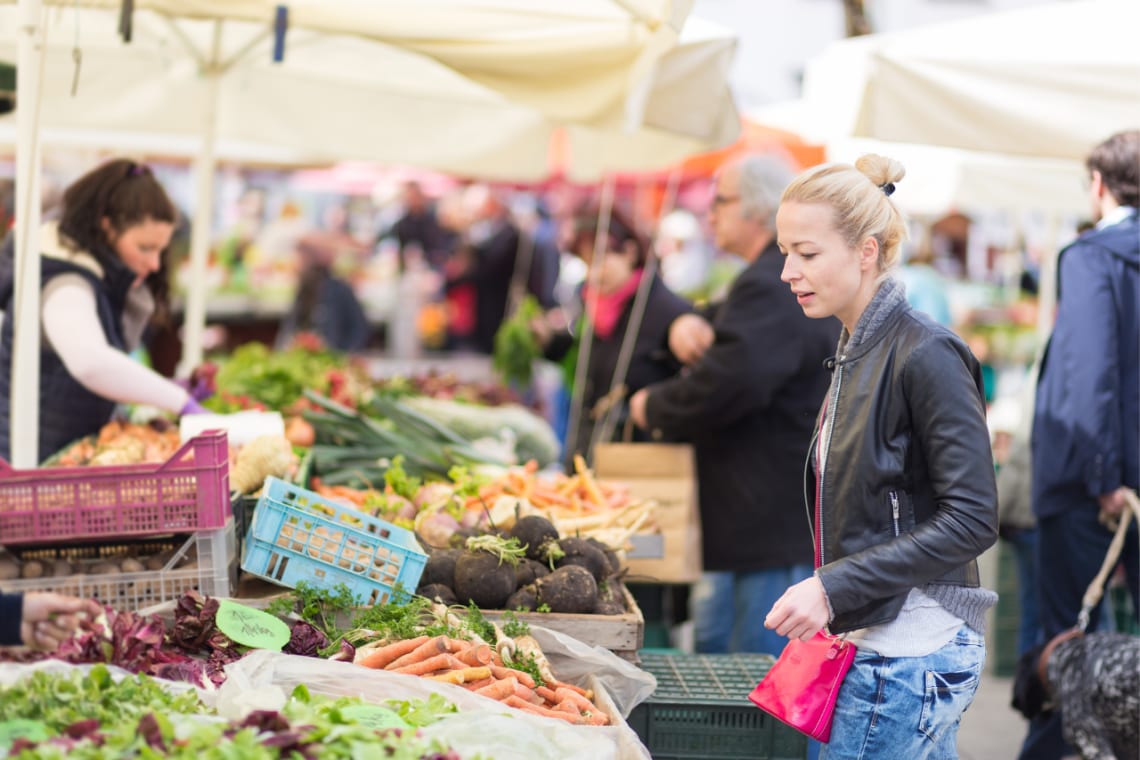
Tourism is important for the economy, especially the economies of low-income countries.
The revenue could be put towards developing infrastructure, nature conservation or people’s needs. Tourism also creates a multitude of jobs and business opportunities.
Apart from the economic advantages, travelling is a great cultural way to embrace cultural differences for both sides, and it can lead to many long-lasting friendships.
Furthermore, it is a chance for locals to learn new skills and common languages such as English, granting them more opportunities and ultimately improving their livelihoods.
Another interesting point of view on the importance of tourism is that it encourages preservation of culture, heritage sites and nature. Many people travel to discover new cultures and natural places, so tourism boards want to upkeep their countries’ customs and traditions to attract more visits and promote travel in those areas.
Sadly, we cannot do much to change how the revenue gets distributed or how the tourism industry works, and none of this is the tourist’s fault. However, one can unknowingly or knowingly contribute to this poorly system.
It is time for us to grow as travelers, reflect on our past actions, check our intentions, and rethink the way we travel.
It is no longer acceptable for a tourist to contribute to this system knowingly. An ethical and responsible travel should be the new style of travelling for all travel lovers.
But...
Since you’re reading this on Worldpackers’ website, chances are that you share the same values as this (amazing) platform. That is, immersive and meaningful travel, that seeks honest relationships and cultural exchange that benefits both sides.
So it makes sense that anyone on this platform will want to travel in an ethical way! When you volunteer with Worldpackers you ensure collaborative exchange, therefore already benefiting the local community.
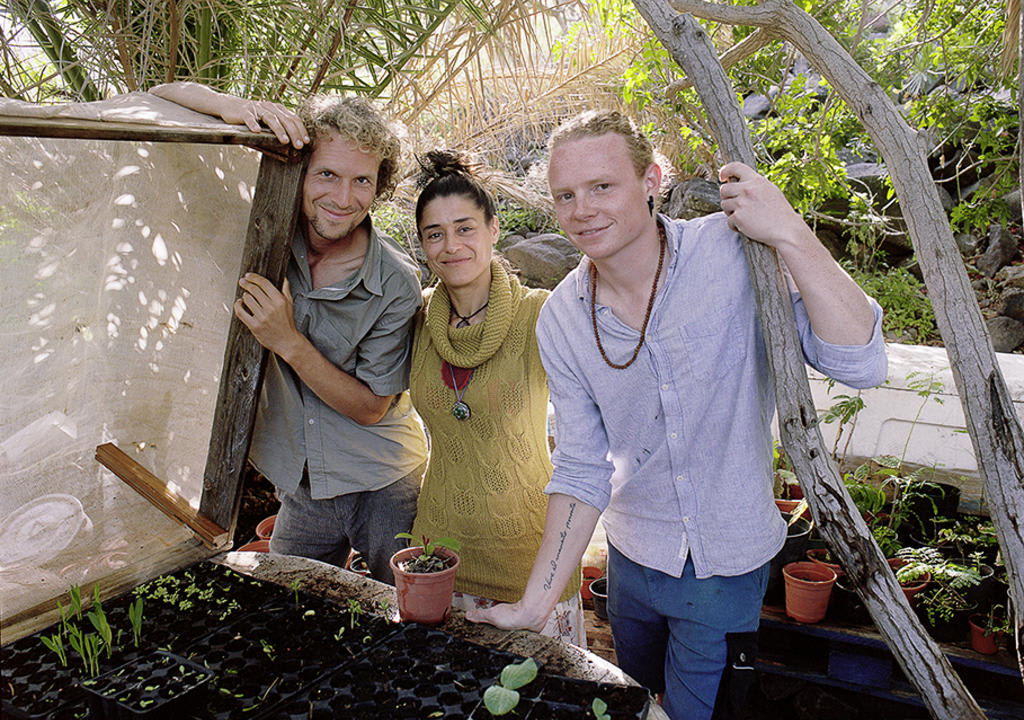
We make many decisions when we go on our trip: when or where to go, where to stay, eat or shop.
We have all the power of deciding where our travel dollars will go: will they go to the big supermarket chain or a local fruit vendor? Will the money go to already wealthy European owner of all-inclusive resorts or to a local family? Will your dollars go to an already successful entrepreneur or a local talented artist?
Although any money that you spend in the visiting country contributes to their economy, which then (hopefully) drips down to everyone in the society and benefits all, there are some steps that you can take to support the local communities directly. This way the locals will grasp the full benefits of your visit, and your money will more likely support a meaningful purpose.
Those small steps will not affect your trip in any negative way (but it will in a positive way – it will make your travel more purposeful and make you feel really good about it!) but might make a huge and positive difference for the locals. Especially if done as a collective, as more people are seeking more conscious experiences, we really can make a difference.
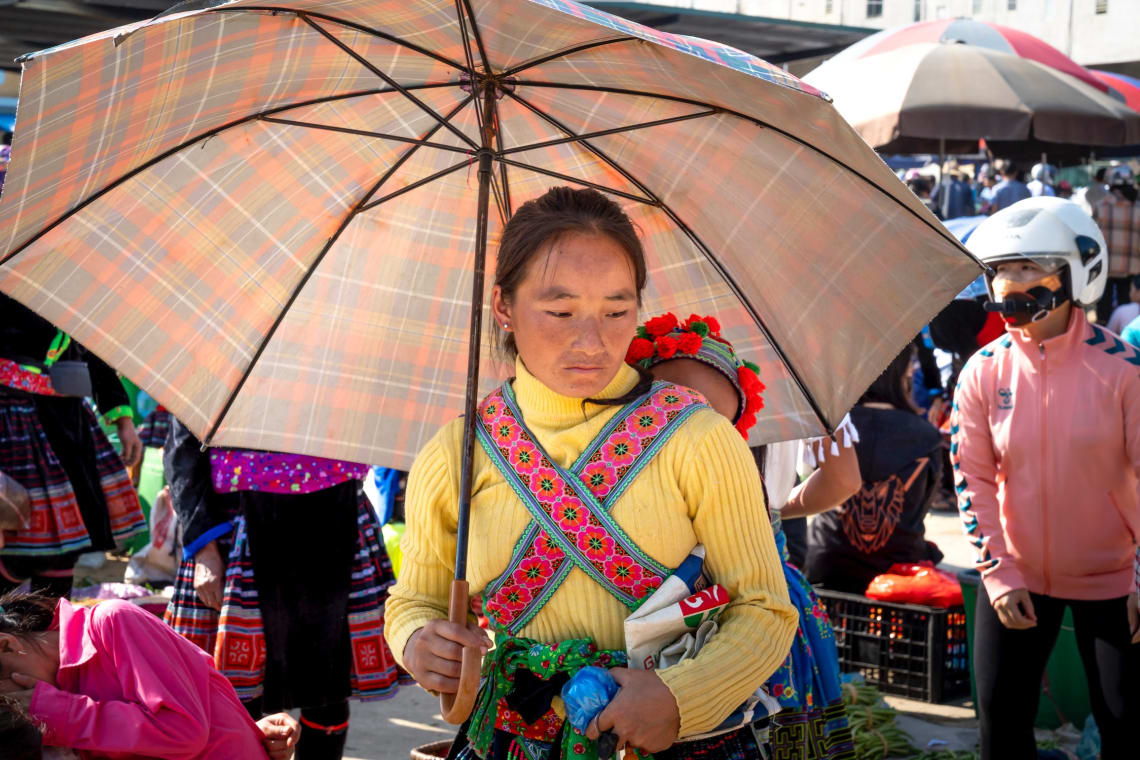
Let’s learn to support the locals, as they are a huge part of our traveling experience. Our trips wouldn’t be the same without their welcoming smiles and hard efforts to keep us happy and content with our experiences in their countries.
Using below tips you can learn more about inequalities in the tourism industry and how to pick your decisions so that they result in positive impact for the locals:
There are quite a few reasons why those modes of vacationing are unethical.
Firstly, those businesses are usually owned by foreigners. This means that most of the revenue will benefit economies of already high-income nations, instead of the host country.
Still, it is the host country that bears all the bad consequences of tourism, and it does so without receiving much remuneration.
Secondly, the high walls of resorts or gates of ports are keeping the residents isolated from the tourists preventing them from participation in the industry.
All-inclusive packages and cruises already have all meals and attractions included in the price. With their food, drinks and tours already paid for, the vacationers will be hesitant to spend their money outside of their resorts, which could otherwise help the communities to gain some revenue too.
In this scenario, the locals witness herds of tourists visit their homes for some moments and then leave, having left lots of waste, used up a lot of water and energy (that might already be scarce) all whilst making minimal to zero interaction with the local community.
Every country has their hotspots where tourists usually flock to. This is great for the local communities there. However, there are many alternatives to the popular sides in other parts of the country, where the locals are waiting for travelers to enjoy their services and put some money into their economies too.
By choosing less touristy places you help to support smaller economies that do not get the chance to directly benefit from the tourism in their otherwise touristic countries.
Consequently, travel off the beaten path would create jobs and business opportunities all around the country not only alleviating inequalities in the tourism industry but the consequences of over tourism as well.
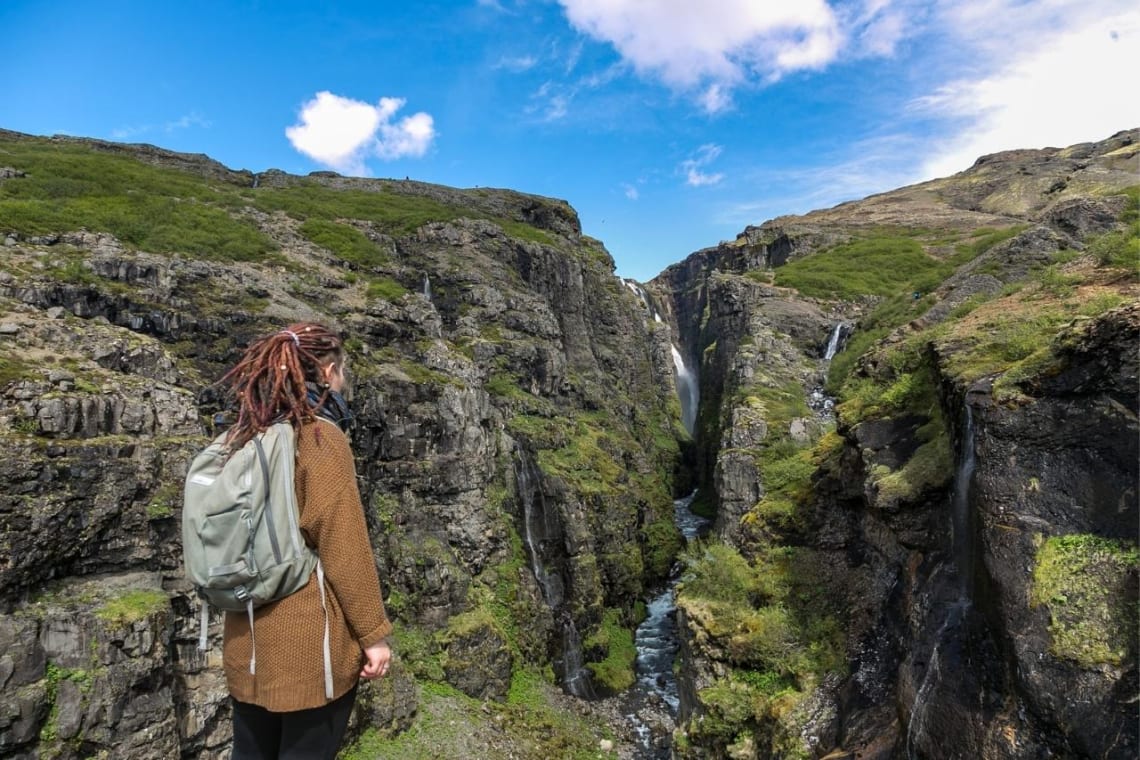
Travelling off season is great for many reasons. Prices usually drop after the season ends and there are smaller crowds.
However, the on and off-peak times mean that jobs within the tourism sector are seasonal, and many people lose their jobs and incomes when the season ends due to the small demand.
When travelling off season you give jobs to people and opportunities to earn money during times that can be financially hard for them.
When buying your groceries or other essentials you have a choice to shop at a supermarket, a small shop or in most countries – street vendors.
The first option benefits a CEO of giant chain. The latter – a local small business owner or a local farmer.
Shop at fruit stands, farmer’s market or offside vendors and your money will support the locals directly. This also means that your produce is most likely locally sourced, which is good for you, good for the farmer and the environment.
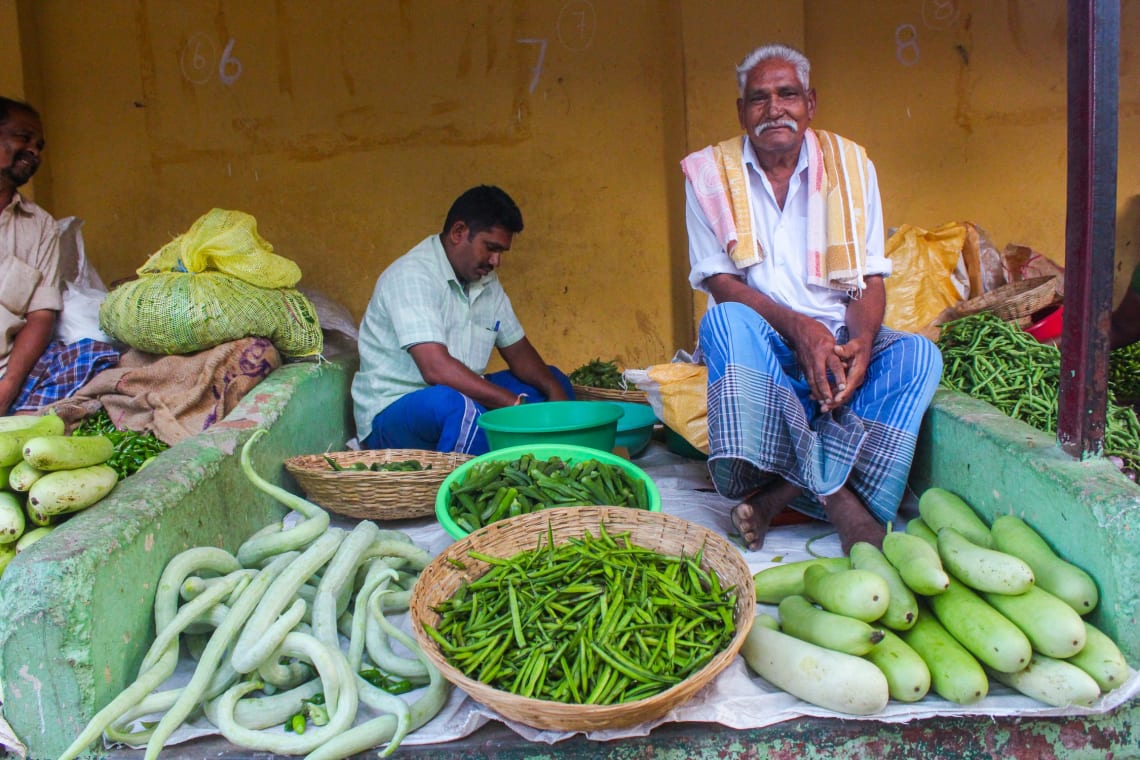
Similarly, when you mindfully choose local restaurants, guides, homestay, or any other accommodation that is run by a local resident you benefit the local community.
Avoid giant chains that are found internationally. This ensures that your travel dollar will go directly to the local owner and remain in the country’s economy.
Websites like Airbnb or Hostelworld are great for businesses to find their clients. However, they do charge quite a bit of commission. This means that the owner will not get 100% of their revenue.
However, when paying for your stay directly there is no commission, therefore the accommodation will get to keep more money. This means that you might be paying less for your night and saving some money, so it’s a win win result!
Likewise, when paying by card the bank also charges a little commission. Whilst it is only a small percentage, it does add up to bigger numbers that could otherwise stay with the owner rather than a bank.
Pay with cash as much as you can especially when it comes to small businesses.
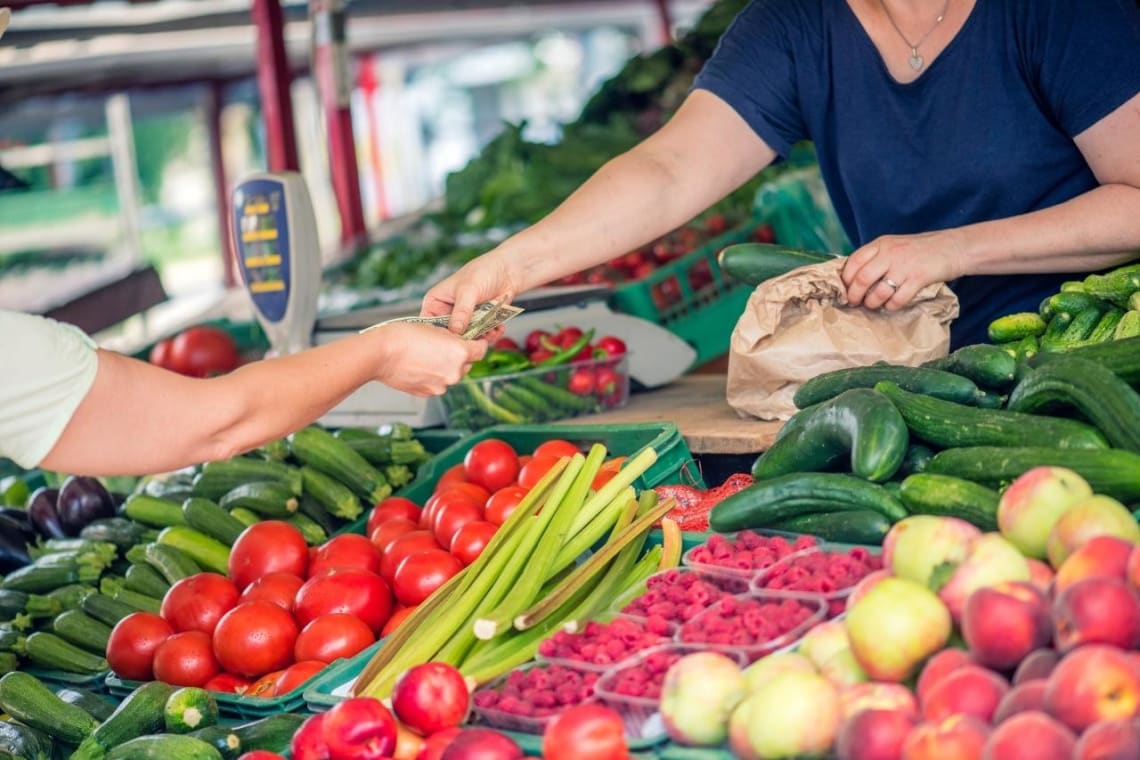
Your efforts as volunteer can benefit the local society positively. Worldpackers offers hundreds of opportunities that allow you to get involved directly with the local communities.
By social volunteering we can really empower small local societies. If you're passionate about working with people on social projects you might enjoy working with a NGO.
Here are some ideas of ethical volunteering projects:
A platform such as Worldpackers, has very strong values and puts people and experiences above monetary profits. In addition to this, it promotes contentious and responsible travel, and does precise checks on hosts wishing to join the platform. When volunteering with Worldpackers, you're volunteering in an ethical way.
Have a life changing experience and bring positive social impact into small communities, by signing up and travelling with Worldpackers:
Beware of brands that ask you to pay a lot for your volunteering experience. There is evidence that they are involved in exploitation of children or other vulnerable persons just to gain profit.
For example, many times the children in orphanages, are not actually orphans that have tragically lost their parents, but children that have been separated from them so that they can fill the orphanages and ask for funds from Western people with good hearts. Research the project to ensure that you are not doing more harm than good.
Many believe that tourist’s spendings can pull underprivileged out of poverty. Whilst it is not a false statement it is also not exactly the truth. If the tourist dollar could end poverty, we would have seen some of the most popular destinations like Thailand or Peru become one of the richest countries with low levels of poverty. Somehow yet this is not the case. Let’s explore why.
The revenue earned from tourists is often re-invested into making the country more tourist friendly, by buildings new airports, roads, parks, malls, touristic attractions that will attract even bigger crowds.
Those rarely benefit the locals. They don’t need new airports or more malls, they need better quality hospitals, more schools or improved waste management.
Over tourism is a real concern, as it puts a strain on local communities, that might not have the appropriate infrastructure or systems to manage so many visitors (in addition to the locals). A better solution would be for the governments to reinvest into local communities first, however this does not always happen.
When local communities get the funds directly, they are more likely to reinvest back into their own communities, that they care so much about. This is where ethical travelers become crucial to the locals.
Moreover, remember that ethical travel isn’t just about the people and communities. It is also sustainable travel that is friendly to the environment, as well as being very careful when participating in any activities that include animals.
Hopefully at this point we all learned that riding elephants or swimming with dolphins is not animal friendly. However, there is still tons to be done, as sadly almost all attractions with animals include some level of cruelty, exploitation, or mistreatment.
From my point of view, it is best to avoid all animal related attractions all together, unless you know of a well reputed sanctuary or a rescue centre. If you are passionate about animals you might enjoy volunteering with animals.
Here are some ethical volunteering opportunities:
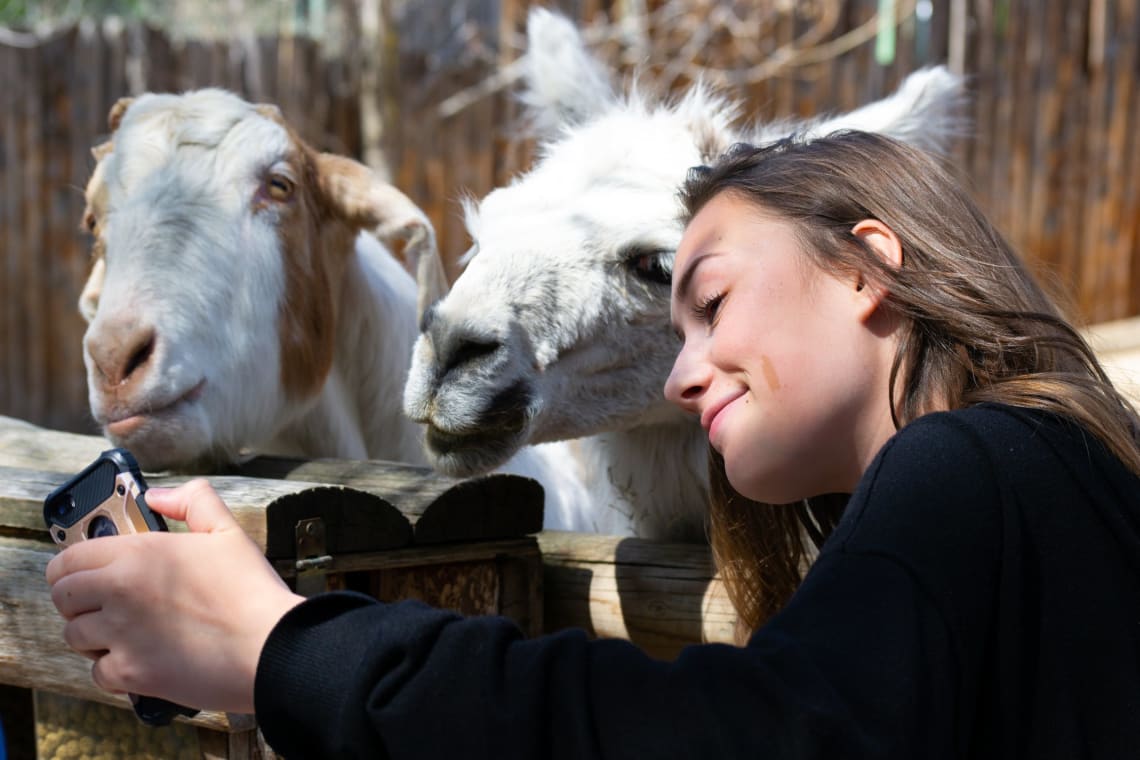
Ethical travel is remembering that we are just visitors in someone’s home, and we should let go of any ideologies or expectations that we have in our everyday lives back at home.
Treat everyone on your way with respect and kindness. Patience also comes useful and so does a cool head, especially when we must pay for something a little bit more than the locals.
Smile more, have empathy, and seek to understand the locals and their situations, that are often complex.
Try to keep those tips in your mind next time you travel, and do not get discouraged when you do not see anyone else doing it.
Try educating your travel buddies about the ethics of travel, it could be something they simply haven’t learned yet, but perhaps would be happy to follow if shown how.
Keep it in your mind that whilst you might feel like you’re not doing much, and that you can’t change the situation – you are helping a lot. You might think you’re only helping one person, but for that one person this help means everything.
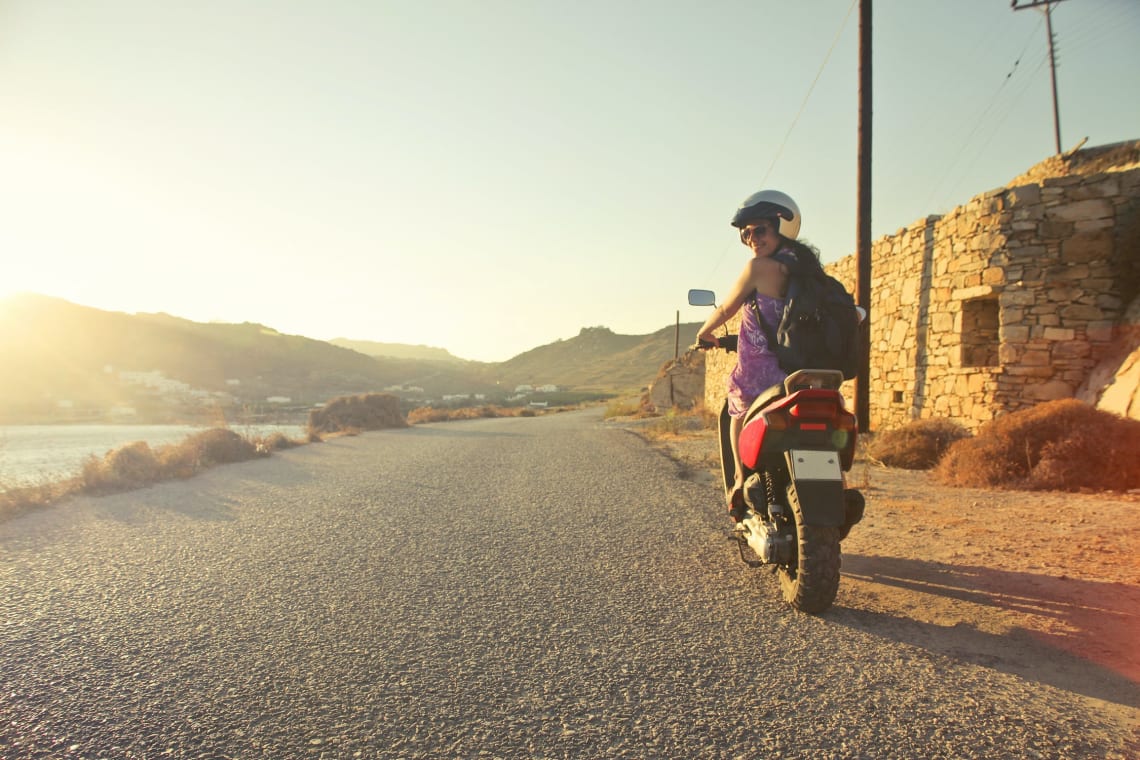
Try being an ethical traveler and you will see how much more meaningful and purposeful your trips will become. It doesn’t have to be perfect, just the best of your ability!
Make your next trip a transformative experience by travelling ethically!
Write here your questions and greetings to the author